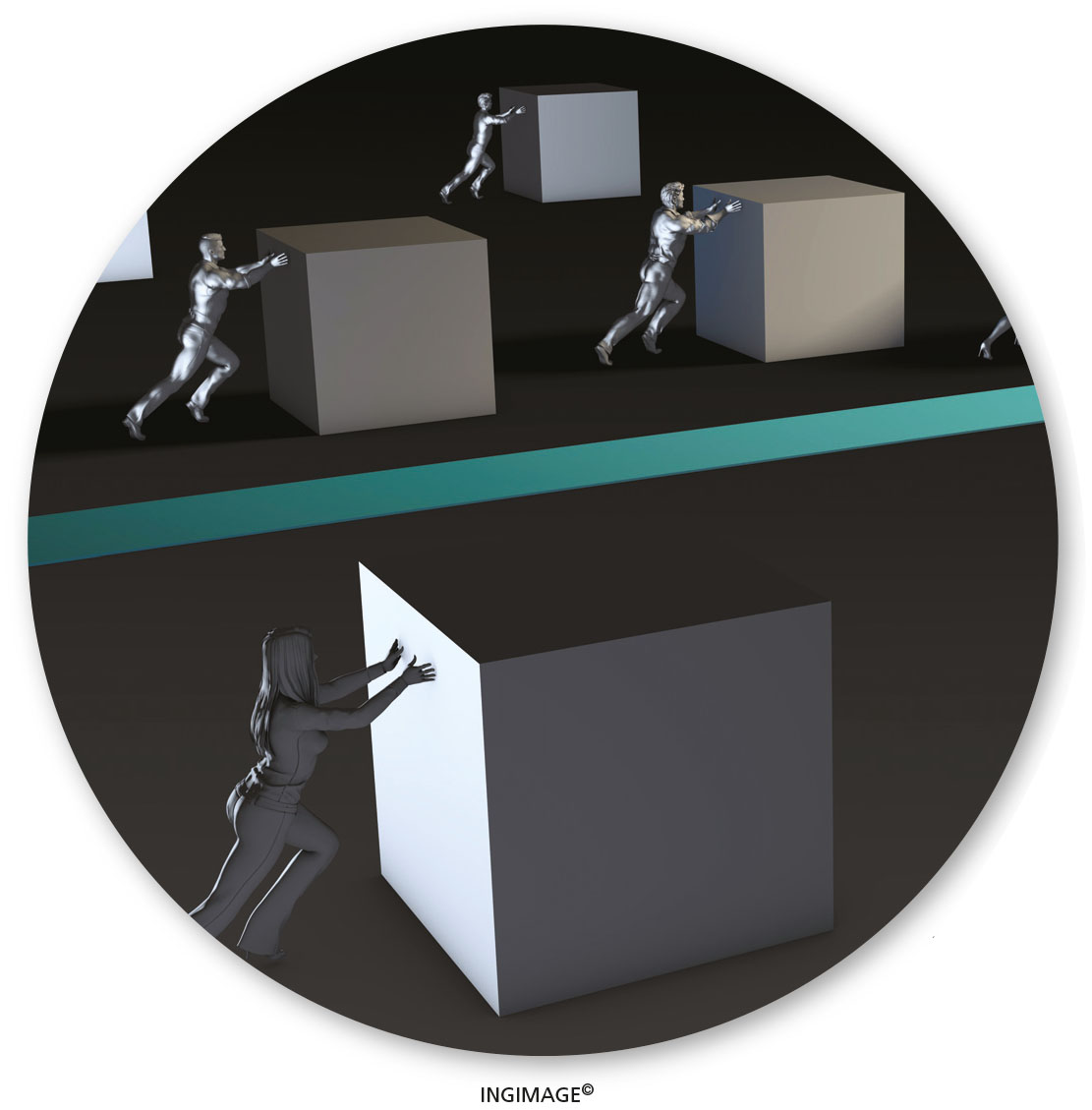BY Archana Law
Being the boss has its perks but it isn’t always an easy job! There are plenty of decisions to make and responsibilities to deal with especially when you have a team of people counting on you for direction.
WORKING HACKS
Seven smarter ways to improve productivity
 Remember the times you read emails or took calls during your commute, then walked straight to your desk, flitting back and forth between projects for hours at a time?
Remember the times you read emails or took calls during your commute, then walked straight to your desk, flitting back and forth between projects for hours at a time?
The result was stress and burnout from even the smallest tasks.
So the truth is that we aren’t designed to work that way. Our bodies and minds follow a circadian rhythm where physical, mental and behavioural changes follow a roughly 24 hour cycle, and respond primarily to light and darkness in our environment.
Going full throttle for eight hours goes against our design as we cycle through alternating periods of more and less focus and energy. How we work isn’t effective anymore and it hasn’t been for some time. Given that everybody loves self-improvement, the better we understand ourselves, the more smoothly we can manage our capabilities and limitations.
So here are some research backed methods for comprehending and achieving maximum potential.
GROUPS OF THREE The ideal rhythm is to work for four or five 90 minute phases throughout the day with breaks in-between. A good practice is to schedule three important tasks a day that you can fit into these segments and set a timer to manage your rhythm. If you’re tuned in to your body’s signals and notice that you are becoming restless, groggy or losing focus, it’s time for a 15 minute break.
STRESS AND BRAIN It is said that stress kills productivity – and eventually, the numbers go down, people feel unsafe at work, there’s absenteeism and conflict, in addition to mistakes and tardiness. This is relevant in business because everyone is looking for ways to increase innovation and creativity, which are the differentiating factors in practically any industry.
To stop burning the candle at both ends, incorporate techniques and programmes to help people deal more effectively with the stress in their lives. Analyse the specific stressors and help them take positive action to minimise their effects.
DON’T MULTITASK It can be tempting to want to undertake a few tasks at once especially if they seem small or easy. But it simply does not work. Professor of neuroscience Earl Miller says: “Multitasking is not humanly possible. We’re fooling ourselves when we say we can easily juggle phone calls, presentations and having lunch!”
Try focussing on one task at a time and you may end up completing it quicker. All creative geniuses had two things in common: when they worked, they were fully engaged and did so with deep concentration for long periods of time.
TUNE OUT TECH Turn off all technology for 60 minutes a day and focus on doing your most important work. Research data says we are interrupted every 11 minutes or so. Try estimating how many times you’re distracted during an average working day. Multiply that number by 25 – that’s how many minutes of concentration you’re losing!
It takes an average of 23 minutes and 15 seconds to return to an original task following an interruption, claims Prof. Gloria Mark of the University of California in Irvine. In other words, that 30 second break you take to check your Twitter account doesn’t amount to only half a minute!
SEEK BALANCE Is there an alignment between how you spend your time, and what’s important to you in your personal and professional life? When there’s a balance between how you spend your day and what matters most to you, both your inner peace and productivity improve. Ask yourself what the best use of your time right now is – and discipline yourself to work only on the answer to this question.
DELEGATE WORK The job of a leader is to lead. As a leader, your primary responsibility is to guide and supervise your employees as they get their work done, and not do everything yourself. Focus your energy on the responsibilities that are specifically yours while planning and prioritising work, so that your team can operate as smoothly and efficiently as possible.
DAY TO RECOVER Take one day of the week for a complete recovery to refuel and regenerate yourself – otherwise, your capabilities will diminish.
You’re on this planet to live life. No matter how important your work is to you, it’s only part of who you are. You were somebody before that job and will be someone after it ends. Staying centred amid overwhelming chaos by pressing the pause button can give you energy to move ahead.
Khalil Gibran summed it up when he wrote: “When you work, you’re a flute through whose heart the whispering of the hours turns to music. Which of you would be a dumb silent reed when all else sings together in unison?”
This content is available for subscribers only.





